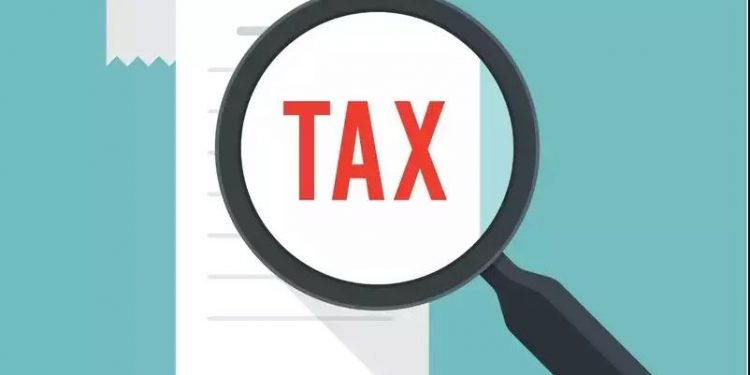Kenya Revenue Authority wishes to extend its tax net to trap Kenyans who evade tax through mobile and online payments. The taxman is counting on the Data Protection Bill to get a green light to access individual digital money data. If KRA gets its way, it will be able to compare figures in tax returns with transactions on mobile wallets. The taxman will flag differences in remittances on M-Pesa, Paypal, and Pesalinkand returns for tax evasion.
KRA will store, and match data on transaction flow on platforms like M-Pesa, Paypal, and Pesalink. The information will allow the authority to watch for consistency and cub tax evasion on incomes from online sources.
According to the KRA Deputy Commissioner Deputy Joseline Ogai, it is necessary to pursue incomes from mobile and online platforms due to a growing digital economy in Kenya.
“We are taking data matching very seriously as our next frontier in digital revenue monitoring. Soon, we will be able to catch tax cheats who make nil or few entries in their tax filings, yet the money they generate online is high,” Ogai said.
Expanding the tax base
KRA’s radical move reflects the need to collect 1.9 trillion to finance ambitious government projects. Monitoring M-Pesa transactions will help KRA tax incomes from the informal sector. Moreover, it will be able to tax what most Kenyans term as “side hustle” including online gigs.
Furthermore, data from M-Pesa will force traders who avoid taxes through pay bills to contribute to the national tax basket. Some traders evade taxes imposed on pay bills by urging customers to send money directly to their personal M-Pesa wallets.
SEE ALSO: How KRA plans to bridge the revenue shortfall.
The M-Pesa data will enable KRA to ballon its revenues, given that Kenya’s informal sector represents up to 82.7% of employment. However, the authority can only monitor M-Pesa transactions if the Data Protection Bill is approved. The Data Protection still waiting for Senate approval, owing to its alleged privacy infringement.
“It is not that there are no laws empowering KRA to generate revenue from online transactions. However, complaints that arose will be addressed by the Data Protection Bill currently before the House,” said KRA’s deputy commissioner in charge of policy.




